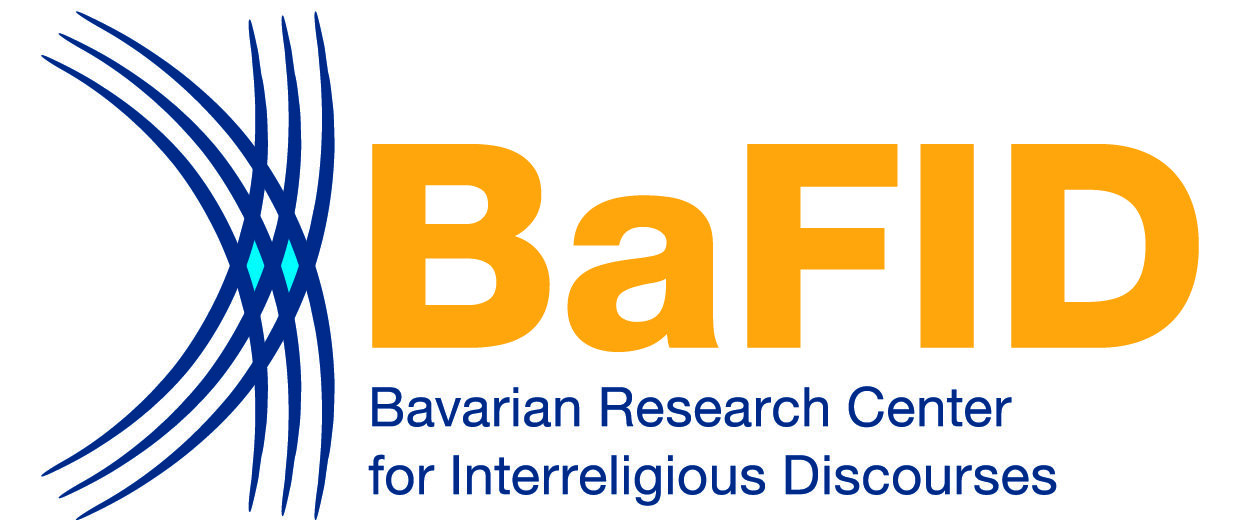#AskYourScientist: The BaFID team answers questions about religions on Instagram
“How is the term jihad to be understood?” These and other questions will be at the BaFID Instagram channel discussed. It is a key component of the “WissenMachtStark” project, which was launched and funded (01.12.2023 to 31.12.2024) by the Federal Ministry of the Interior and for Home Affairs. The Instagram channel was launched at the end of February 2024 and aims to reach and connect interested citizens, teachers, interfaith dialog groups, religious communities as well as specialist groups and religion-related chairs. The project contributes to social cohesion by promoting a space for mutual understanding and dialog between the host society and immigrants of different religious affiliations, with a focus on interreligious exchange.
Target group and project aim
The Instagram channel is aimed at anyone who wants to gain a deeper understanding of the three major monotheistic religions – Judaism, Christianity and Islam – and is constructively interested in interfaith discourse. The aim is to develop religious language skills by promoting religious literacy. General information about the three religions is posted on the channel. The focus is particularly on the relationships and differences between Judaism, Christianity and Islam. For example: Symbols in the religions, proverbs that come from the Bible, prayer and days of rest, religious holidays, differences and similarities between Passover and Easter.
A key component of the channel is the campaign “AskYourScientist”. All citizens can ask questions about the three major religions. These are answered by the BaFID researchers from the fields of Christian theology, Islamic studies, Jewish studies and religious studies.
A surprisingly large number of people were interested in studying theology. Among other things, they asked why Discipline of Theology exists or what content and methods are used in the discipline. On the other hand, relatively few Christians asked questions about their own religion, one Catholic struggled with the church’s position on homosexuality and another person wanted to know whether his great-grandfather’s excommunication had continued after his death. We were also approached by a practicing gynaecologist who asked how menstruation, contraceptives and abortion are dealt with in various Muslim traditions.
Under the protection of anonymity, BaFID also addresses questions that question and delegitimize religions: Why do people believe that all questions are answered in a book? Did people like Mohammed and Jesus make everything up in order to benefit from it?
Questions about Islam that reached BaFID often contained reservations such as the stereotypical attribution of an oppressed woman in Islam or that Islam or the Qur’an per se promotes violence. The BaFID team also answered questions of this kind in a differentiated manner, illustrating the plurality of Muslim traditions.
While anti-Muslim resentment is certainly evident in some of the questions posed to BaFID, this can hardly be observed in the case of Judaism. However, this does not necessarily mean that there are fewer anti-Semitic reservations among the respondents. Rather, one possible explanation could be that there are greater inhibitions about disclosing anti-Semitic positions to BaFID. However, the question was asked several times whether Jews see themselves as more moral or better than other people because they are the “chosen people of God”.
The BaFID Instagram channel also focuses on announcements of religion-related events, most of which take place online. These include BaFID’s own “religious other” series, which also took place as part of the project. This is aimed at teachers and other interested parties. As part of this, we have repeatedly received requests for information on people – such as Jesus or Moses – in Judaism, Christianity and Islam. This request is now being implemented.
There will also be raffles for books and the Interreligious BaFID Calendar for the year 2025 on the channel.
BaFID’s Instagram channel serves as an innovative tool for reaching a digitally savvy target group. According to internal Instagram analysis estimates, the posts reach 60.3% of female accounts and 38.6% of male accounts. It is interesting to note that around 65% of these women are between 25 and 44 years old, while only 50% of men fall into this age group.
The BaFID Instagram channel invites people to ask specific questions and is intended to arouse or deepen interest in topics from Judaism, Christianity and Islam in order to strengthen integration. The channel promotes respectful interaction with religions and stands for peaceful and respectful coexistence.
Author: Melanie Hallensleben, Project coordinator of the project “WissenMachtStark”

